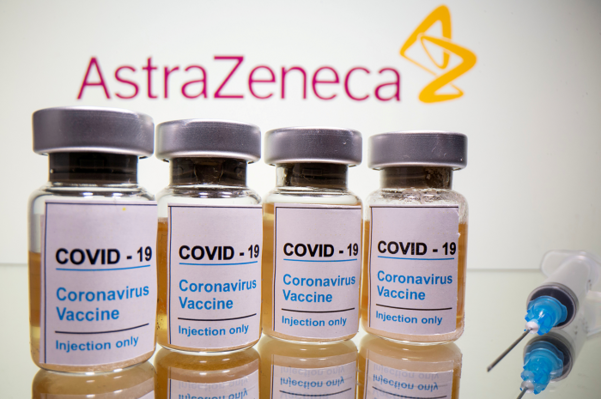Input 2020.12.31 14:14
Serum Institute aims to produce 3 billion batches per year
“So important to the world economy in terms of price and distribution”

According to reports, the Indian Medicines Management Experts Committee will decide on the urgent use of AstraZeneca vaccine at a meeting to be held on the 1st. If the committee approves the use, health authorities will immediately begin vaccination and mass production from next month, local media said. In particular, SII has already finished producing 50 million doses of inoculation in preparation for urgent approval, and it is known that it plans to increase its monthly production to 100 million doses by March next year.
The US CNN focused on the related movements of the Indian government on the day and predicted that the AstraZeneca vaccine will play a very important role in the global economy in the future. In particular, it is noteworthy that AstraZeneca has promised to provide 64% of its vaccines to developing countries, with wealthy countries preoccupying most of Pfizer-Bioentech and Modena vaccines to promote the “vaccine rich-poor gap”. .
AstraZeneca vaccine is attracting attention because of its competitiveness in production, price, and distribution compared to its competitors. In terms of immediate price, it is considerably inexpensive at about 1 in 5 of Pfizer Biontech and about 1 in 8 of the modal vaccine. The production method can also be made in countries with weak medical infrastructure by adopting the gene delivery system method that has been used since the past.
AstraZeneca vaccine can be stored refrigerated because it uses a non-toxic virus as a gene carrier. It can be transported, stored, and managed for at least 6 months even at a normal refrigerator temperature of 2 to 8 degrees. On the other hand, Pfizer must transport a freezer at -70 degrees Celsius. It can only be stored for 5 days in a regular refrigerator. Moder and vaccine should also be stored at -20 degrees Celsius, and cannot exceed 30 days at 2-8 degrees Celsius.
CNN said, “AstraZeneca promised to supply hundreds of millions of batches to countries with large populations and low incomes.” By 2021, Pfizer and Moderna will produce 1.3 billion batches and 1 billion batches respectively, while AstraZeneca is based on SII. It emphasized that it has the ability to produce billion ash.
“The fact that rich countries took most of Pfizer and Modena’s vaccines makes the AstraZeneca vaccine even more important to developing countries,” he said. “It will have a tremendous impact on the global economy, and this vaccine is very important.”
